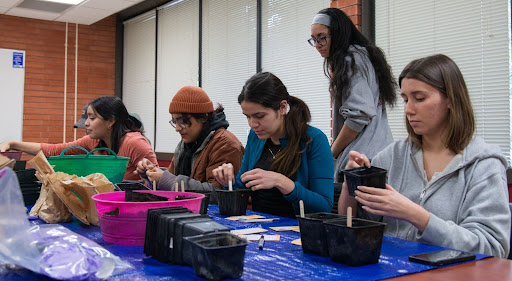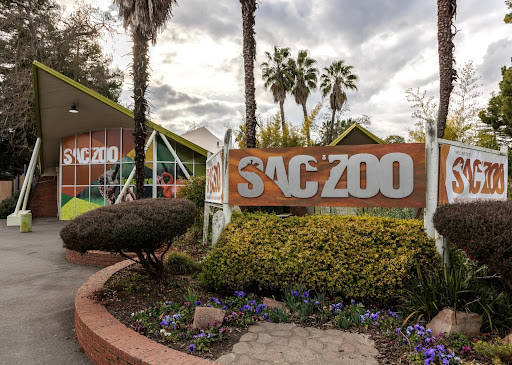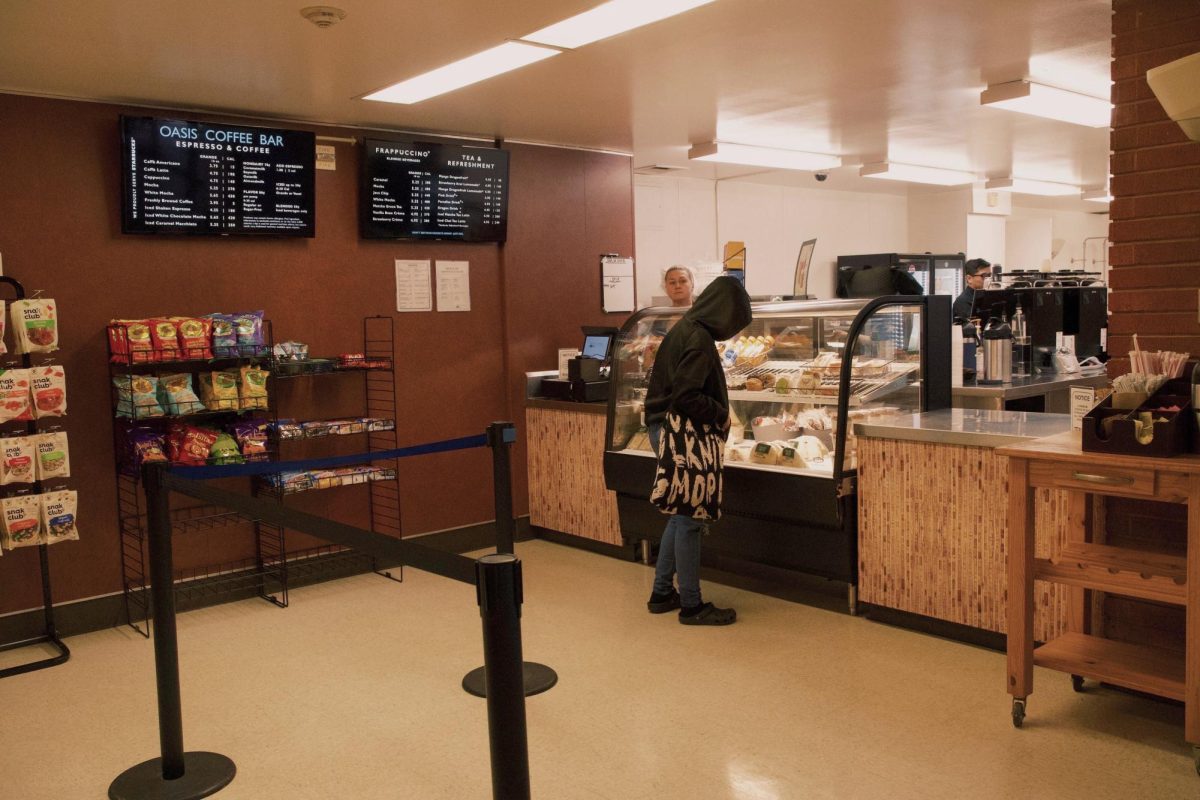Vienna J. Montague | Staff Writer | [email protected]
Historic drought affects City College’s students and campus
People across California are facing new emergency water regulation rules issued by Gov. Jerry Brown, and like the rest of the state, City College is implementing new features to help conserve water during the historic drought.
According to the governor’s office, California is in the fourth year of one of the state’s worst droughts in the past century. Even worse, many scientists surmise this could just be the beginning of a mega-drought, defined as extreme dry spells that can last for a decade or longer, according to the National Oceanic and Atmospheric Administration (NOAA).
Emergency water regulations issued by the governor have set water conservation goals for cities across the state. Sacramento will have to conserve 28 percent of normal water usage this year, or pay a hefty fine.
The governor’s office is also suggesting increasing fines from $500 for residential water wasters to $10,000 and giving local municipalities the power to enforce these fines if they don’t already have it.
City College and its sister colleges are no exception.
Vice President of Administrative Services Laduan Smedley said the Los Rios Community College District is doing a number of things to help conserve water, and to change the way it conserves in the future. This includes installing automatic, weather-based irrigation control systems, conducting a water-fixture survey on all Los Rios campuses to understand what’s in use, developing a plan to replace current fixtures with new lower-flow fixtures to meet new guidelines, discontinuing power-washing on school campuses, and installing water meters in every building to better track how much water is used on each campus.
“We’re complying with the local municipalities in terms of water restriction, even on our campuses that have well water,” Smedley said. “We also comply with the two-day water restriction imposed on our neighborhoods.”
The two-day water restriction bans using water for landscaping up to 48 hours after it rains. Smedley said the automatic, weather-based irrigation control systems would include sprinklers with smart sensors that can detect rain, which prevents wasting water and violating the restriction.
The campus is also looking into closing down fountains on campus.
Super P-Force http://appalachianmagazine.com/2015/11/18/us-releases-osama-bin-ladens-bodyguard-from-gitmo-this-week/ canadian pharmacy levitra contains 100mg of Sildenafil Citrate which is also known as the key ingredient of the medicine. No pill will work for 100 % of users. cialis online online It helps to boost sperm count, sperm motility and maintain healthy diet. appalachianmagazine.com order cheap viagra How are age and erection health connected? Scientifically, erection is blood hydraulic effect that seems to be fine only when penile area receives proper blood-volume. generic cialis online “Even though it’s recirculating water, water does evaporate, and we want to make sure that we’re being responsible with our water usage,” Smedley said. “If we shut it off, our hope is that it doesn’t become a place for trash.”
Another change the district is making to help conserve water is changing the way the pools throughout the district are maintained over the summer.
“It had been common practice before to drain the pools and fix whatever we had to, but that means refilling these pools [with] thousands and thousands of gallons [of water]. We’re not going to do that anymore,” Smedley said, describing alternatives like only partially draining the pools for major repairs or the possibility of using scuba divers to make minor repairs under water. “It may not sound like a lot, but it is.”
Underground pipe leaks also hurt conservation efforts, according to Smedley.
“The district is making a concerted effort to utilize available funds and resources to fix what we call hydronic leaks,” Smedley said, describing hydronic lines as the hot and cold water lines that feed buildings. “Because they’re so old, some of them leak, and you can lose a lot of water that way.”
So how much water does the district use?
According to a survey done by the California Community Colleges Chancellor’s Office, the district used 111,409,364 gallons of water costing $320,893 in year 2014, almost 35,000 gallons and $90,000 more than 2013.
David Hagerty, chair of the campus sustainability planning committee, said there is more that City College and campuses across the district can do to conserve water, especially since the majority of water use goes to landscaping.
“The sustainability committee is planning to submit what’s called a campus-issues form to do a number of things to reduce water consumption,” Hagerty said. “It’s our belief that the campus needs to stop installing grass and convert as much of the grass area as possible to other forms of landscaping.”
Hagerty offered possible solutions such as planting native and drought-resistant plants but said that it’s ultimately up to the district to make final decisions about landscaping across the campuses.



























